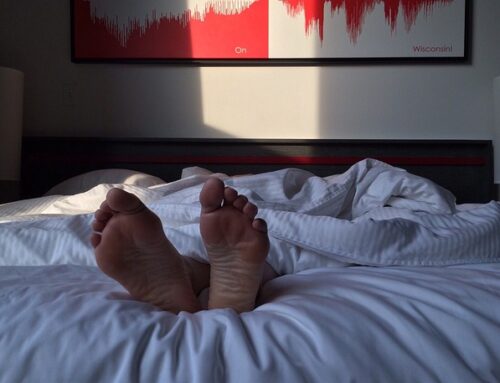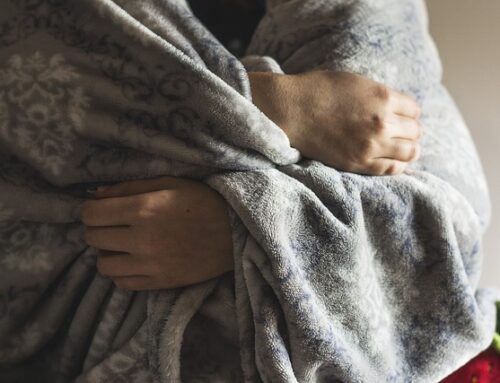I think it is important to remain up-to-date with advancements is care. This is the same for links in conditions, such as sleep apnea and ALS. In ALS News Today I read about a recent study that looked at the prevalence of sleep disturbances in ALS patients and how it might correlate with a patient’s overall neurological status, including disease duration, progression rate and respiratory muscle function.
What was the connection?
Results from this study showed that the prevalence of sleep apnea was increased in ALS patients compared to the general population. There were 40 percent of patients that experienced nocturnal hypoventilation. And more than 45 percent of them had more than fie apneas, a complete loss of breathing, a partial loss of breathing, per hour.
Additionally, 22 percent of ALS patients’ sleep apnea and nocturnal hypoventilation coincided. This was significantly more common in male than female patients, but researchers were unable to find any differences between genders in regard to age, disease duration, the amount of air that the lungs could expel after having been filled completely and ALS functional rating scale scores.
We can help
That’s right. While you might not feel like you can help, you can. We can provide those patients with sleep apnea treatment for improved care. Oral appliance therapy can be an effective way to treat OSA in these patients. However, it is important to work with their physician for the best care possible.




